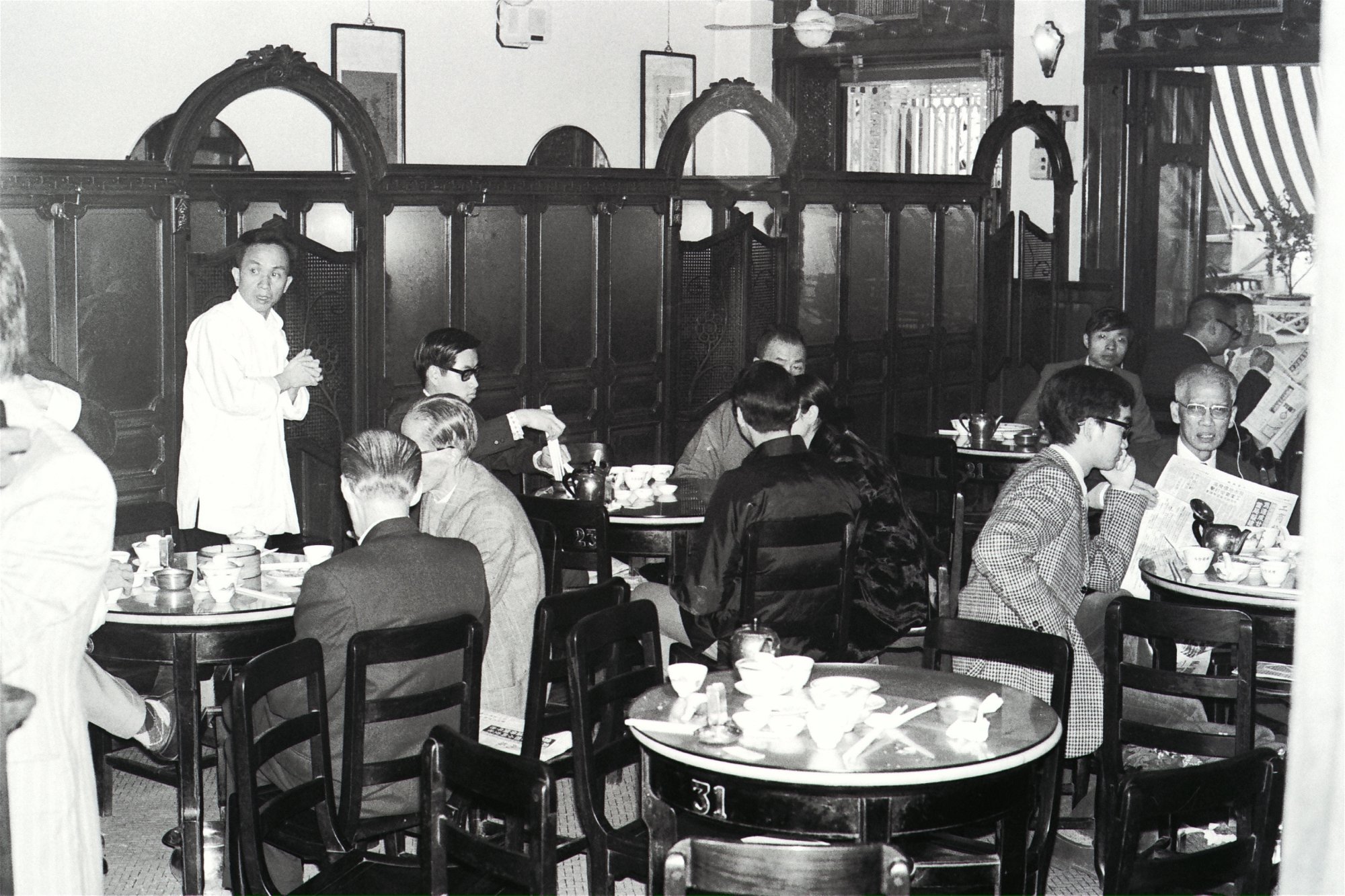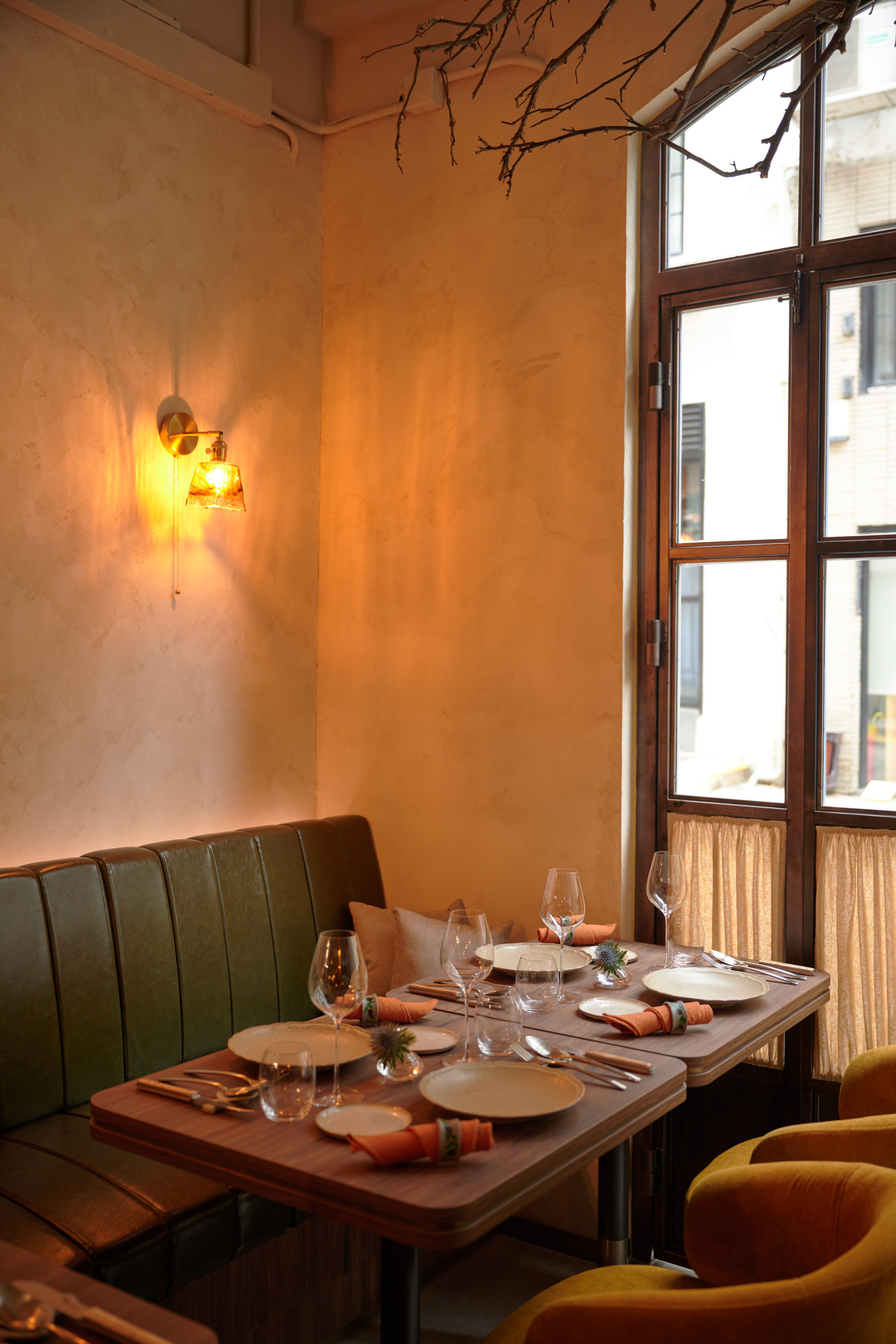
Forget restaurants lasting decades. In Hong Kong, surviving a year is cause for celebration these days, and 10 years little short of a miracle for some
- A few restaurants in Hong Kong have lasted decades. They are the exception. Fickle palates, sky-high rents and short leases mean the pressure is on from day 1
- It’s no wonder some make a big deal of their first anniversary, as Racines will this month. Meanwhile, independent Little Bao is marking 10 years in business
Hong Kong is a city where even the first anniversary of a restaurant opening is a big deal. There’s fanfare, special celebration dinners, perhaps even a guest chef brought in to share in the revelry of the occasion.
How could it not be an important milestone when even successful restaurants struggle to survive? When you’re expected to break even within the first one to two years, because that’s how long your lease is?


In the 21st century, Hong Kong’s accelerating development has meant venues come and go at an alarming pace. Rents skyrocket, palates are fickle, and circumstances such as labour crunches and inflation eat away continuously at the bottom line.
Arguably, things have become much worse since the coronavirus pandemic began, with closures announced on a regular basis – and some not so loudly.

Recently, Agora, a high-end Spanish restaurant in the Tai Kwun heritage centre in Central, quietly changed its business model; instead of offering a regular dinner service, it will operate under a private-chef-for-hire framework.
I only found out when a friend who had wanted to book the restaurant for her birthday in November found its website’s reservations widget wasn’t working properly.
A week later, the entire website has been updated and no longer includes a booking section. Instead, an updated blurb reads: “Agora presents Private Chef Dining Experience, meticulously crafted by chef Antonio Oviedo. Indulge in a symphony of flavours, uniquely personalised for you.”
Times are tough for fine dining, it’s true.

Other restaurants, still chugging along despite the challenging climate, are celebrating their very survival. Racines, which opened in November 2022, is pulling out the stops for its first anniversary this month.
Chefs and co-owners Romain Dupeyre and Adrien Castillo, who previously worked at Petrus and Caprice respectively, are collaborating with friend and former colleague Guillaume Galliot for a special dinner on November 5.


In a video posted to the Little Bao Instagram account, Chow, eyes visibly misty, expressed gratitude to supporters who have been with the brand over the years. “I did not think I would be connected to a bao or even married to a bao for 10 years,” she joked.
Jokes aside, for an independent business to have survived the past decade is nothing short of a miracle. Bigger international concepts have come and gone, deep-pocketed investors notwithstanding.


In a way, perhaps Little Bao’s longevity is tied to how Chow’s food truly speaks to Hongkongers while remaining exciting and worth a journey for tourists and expats.
It’s the freewheeling culinary identity of this neo-Chinese restaurant that unashamedly celebrates Cantonese flavours through a decisively worldly lens that is unique in itself.
It’s truly a shame that we don’t have more decades-old establishments to prop up. As elderly proprietors retire with no one to pass the business on to, some of those that do remain face the reality of dying out within a generation.
So perhaps the next best thing is to nurture and support those writing their own history right now.

